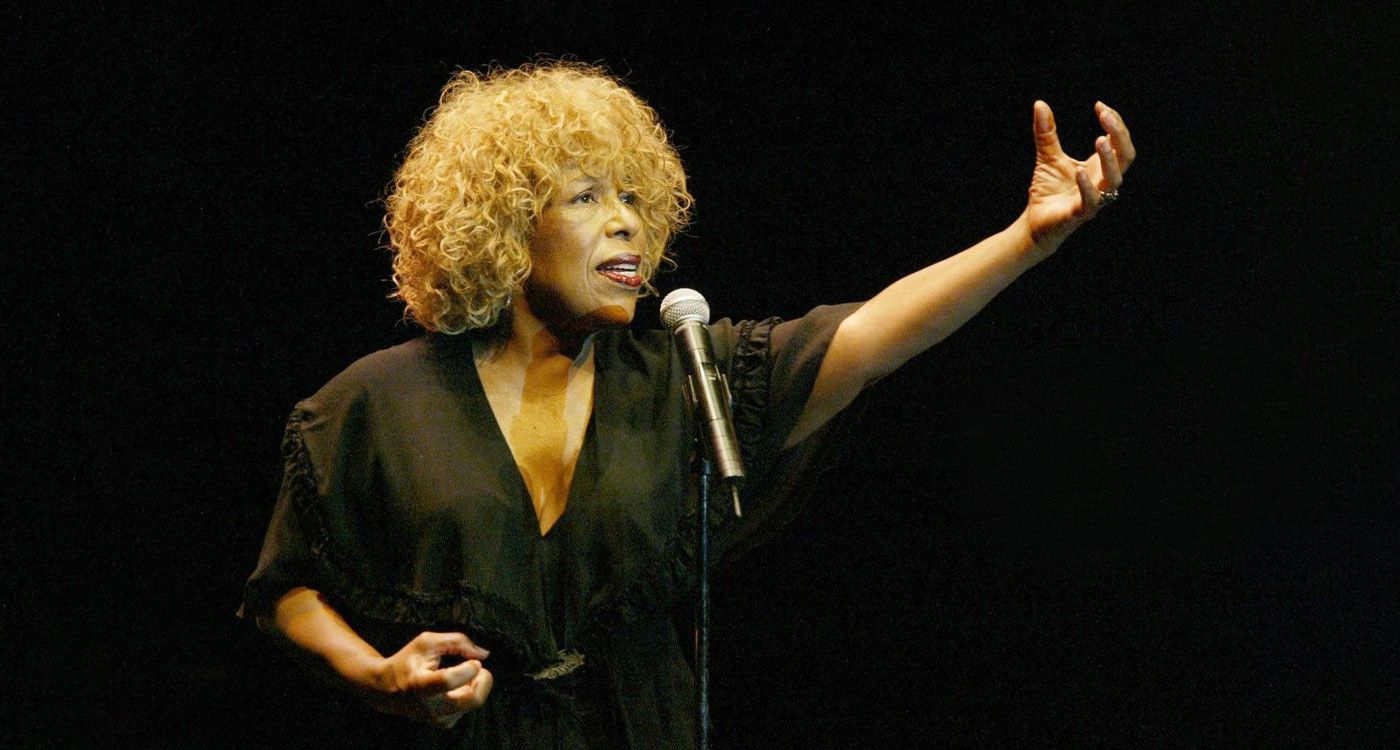
Roberta Flack passed away on February 24, 2025. A master of sophisticated and deeply emotive soul, her unmistakable voice transcended generations, redefining the art of interpretation with timeless grace. As an exceptional singer and pianist, she left an enduring legacy, celebrated for her minimalist style and her rare ability to convey pure, heartfelt emotion.
Roberta Flack redefined the landscape of soul and R&B with unparalleled vocal mastery. Her artistry transcended genres, crafting a world where sophistication and raw emotion blend in perfect harmony.
Born on February 10, 1937, in Black Mountain, North Carolina, Roberta Cleopatra Flack grew up in a home where music was a central part of life. Her mother, a church organist, quickly recognized her remarkable talent and encouraged her to develop it. By the age of nine, Roberta was already impressing audiences with her piano virtuosity and exceptional ear for music.
Her dazzling talent earned her a spot at the prestigious Howard University at the young age of 15, a testament to her exceptional musical ability. This is where she refined her piano technique and initially aimed for a career as a classical concert pianist. While the discipline of academia gave her flawless technical mastery, she soon felt a desire to explore new musical territories. Her passion for jazz, soul and folk gradually steered her away from strict classical music, leading her to craft a unique style that blended a variety of music genres.
After graduating, she started teaching music in Maryland while performing in the clubs of Washington, D.C. These intimate venues became her creative playground, where she honed her artistic identity. Her subtle piano playing, coupled with a voice of hypnotic sweetness and phrasing of surgical precision, instantly captivated audiences. In contrast to the bold vocal performances that dominated soul music at the time, she embraced a more measured approach, where every note felt carefully chosen.
Her rise took a pivotal turn in 1968 when pianist Les McCann, impressed by her talent, recommended her to Atlantic Records. Struck by her distinctiveness, the producers gave her the opportunity to record her first album.
The Soundtrack of Love: The First Time Ever I Saw Your Face
Released in 1969, First Take is an album of rare elegance, where Flack's voice and piano meld effortlessly with minimalist arrangements. But one song in particular catapulted her into the spotlight: “The First Time Ever I Saw Your Face.”
Originally written in 1957 by folk singer Ewan MacColl, this ballad found new life in Flack's hands. She slowed the tempo, stretched each note and infused the track with a near-spiritual intensity. It quickly became an anthem for new love—capturing the essence of first glances, stolen kisses and whispered promises. Its evocative power transcends music, turning every performance into a suspended moment where intimacy and emotion take center stage.
In 1972, Clint Eastwood chose the song for the soundtrack of Play Misty for Me, and the impact was immediate. The track soared to the top of the charts, earning Flack her first Grammy Award for Record of the Year in 1973. In a music scene dominated by the powerful voices of Aretha Franklin and Gladys Knight, Flack offered a more subtle alternative, proving that sometimes a whisper can touch the heart more profoundly than a shout.
The following year, she solidified her legacy with “Killing Me Softly with His Song.” Inspired by Lori Lieberman’s emotional experience at a Don McLean concert, the song found its perfect voice in Flack. Her delivery—both delicate and powerful—captured an intensity that transcended the lyrics. The song stayed at the top of the Billboard Hot 100 for five weeks, earning her a second consecutive Grammy—an extraordinary achievement that cemented her place as a musical legend.
At the same time, Roberta Flack forged a legendary partnership with Donny Hathaway, recording timeless duets like “The Closer I Get to You” and “Where Is the Love.” The harmony between their voices reflected an extraordinary artistic connection, with each note resonating with an almost telepathic intensity. Hathaway's tragic death in 1979 marked a painful loss, but Flack continued her journey, embracing new collaborations in the years that followed.
Unlike many of her contemporaries, Flack refused to follow commercial trends. Her unwavering artistic integrity led her to prioritize quality over quantity, crafting a body of work that remains timeless and ever-relevant.
In the 1990s, “Killing Me Softly” was reborn through the Fugees' cover, with Lauryn Hill adding a contemporary edge that resonated with a new generation. This homage solidified Flack’s enduring influence, which can be heard in the music of artists like Alicia Keys, Adele, Jill Scott and Corinne Bailey Rae, all of whom have drawn inspiration from her vocal mastery and minimalist approach.
In 2020, Roberta Flack was honored with the Grammy Lifetime Achievement Award, a fitting tribute to her monumental contribution to music.
The news in 2022 of her battle with amyotrophic lateral sclerosis (ALS) shocked her fans. Stripped of her voice, she faced this challenge with the same grace and dignity that had always defined her. Her passing on February 25, 2025, may mark the end of an era, but it will never end the legacy of this iconic artist.
“I've sung many songs considered protest songs, a lot of folk music,” she once said. “But I protested as a singer, with a lot of love.”
Roberta Flack will always be remembered as a singular architect of sound, transforming the space between notes into a realm of pure emotion.

Comments